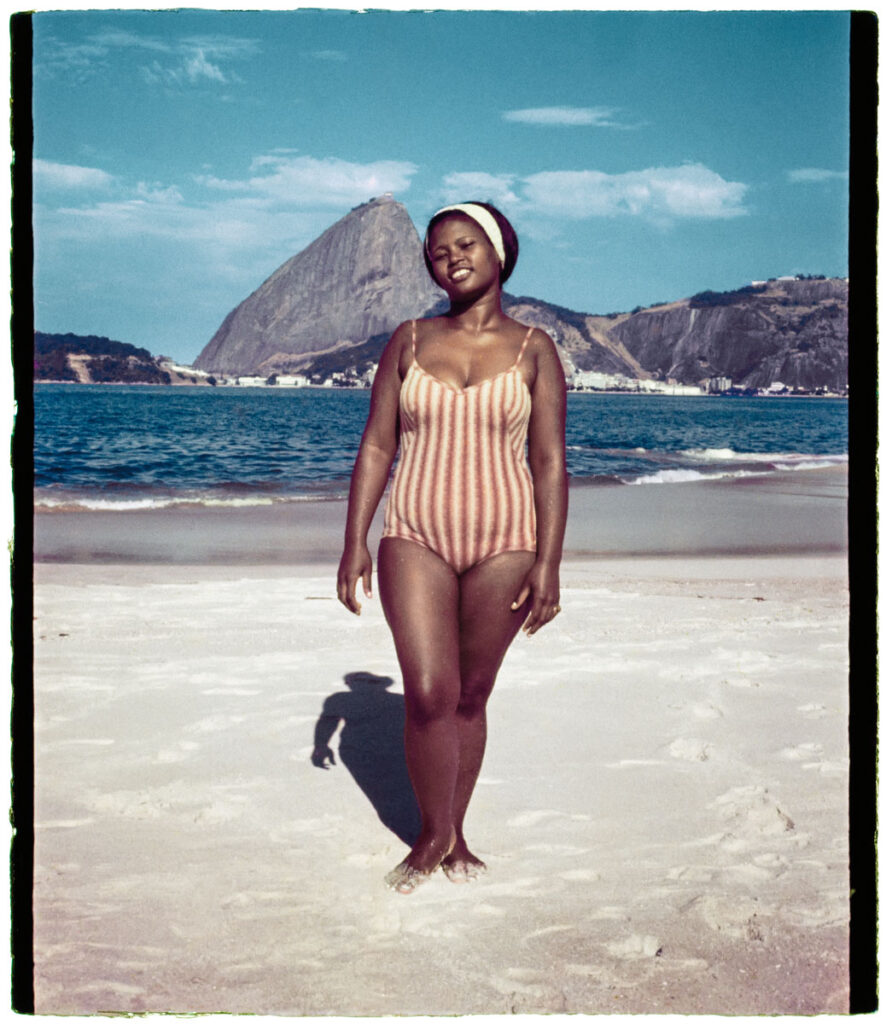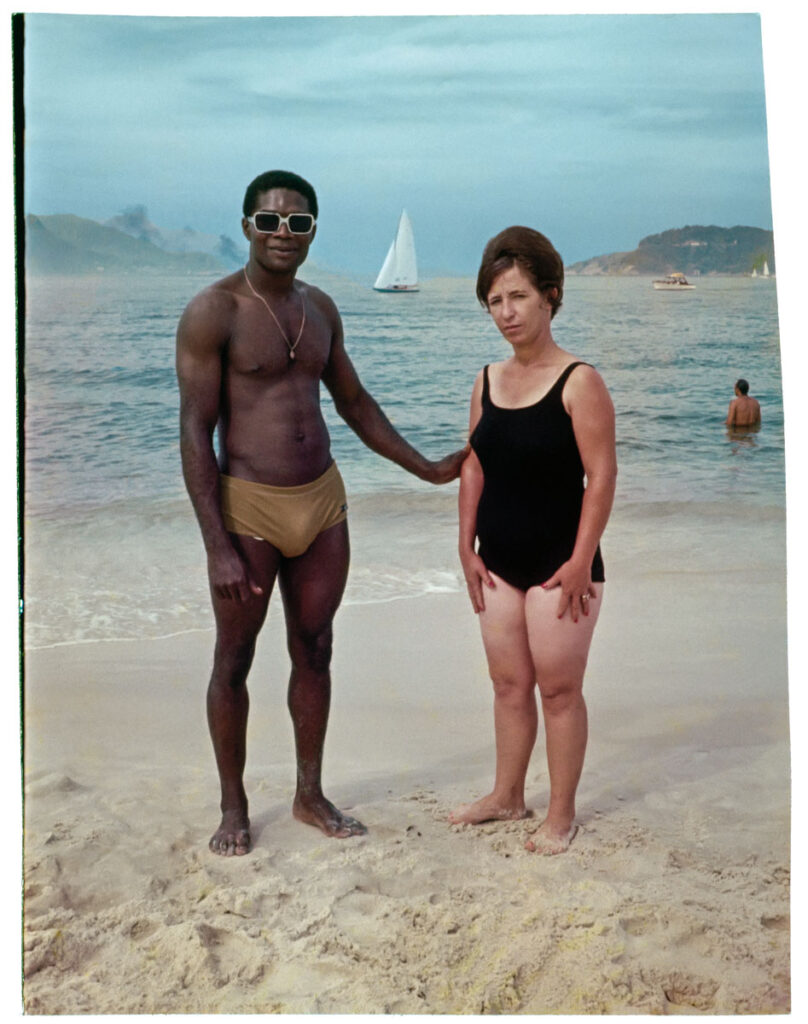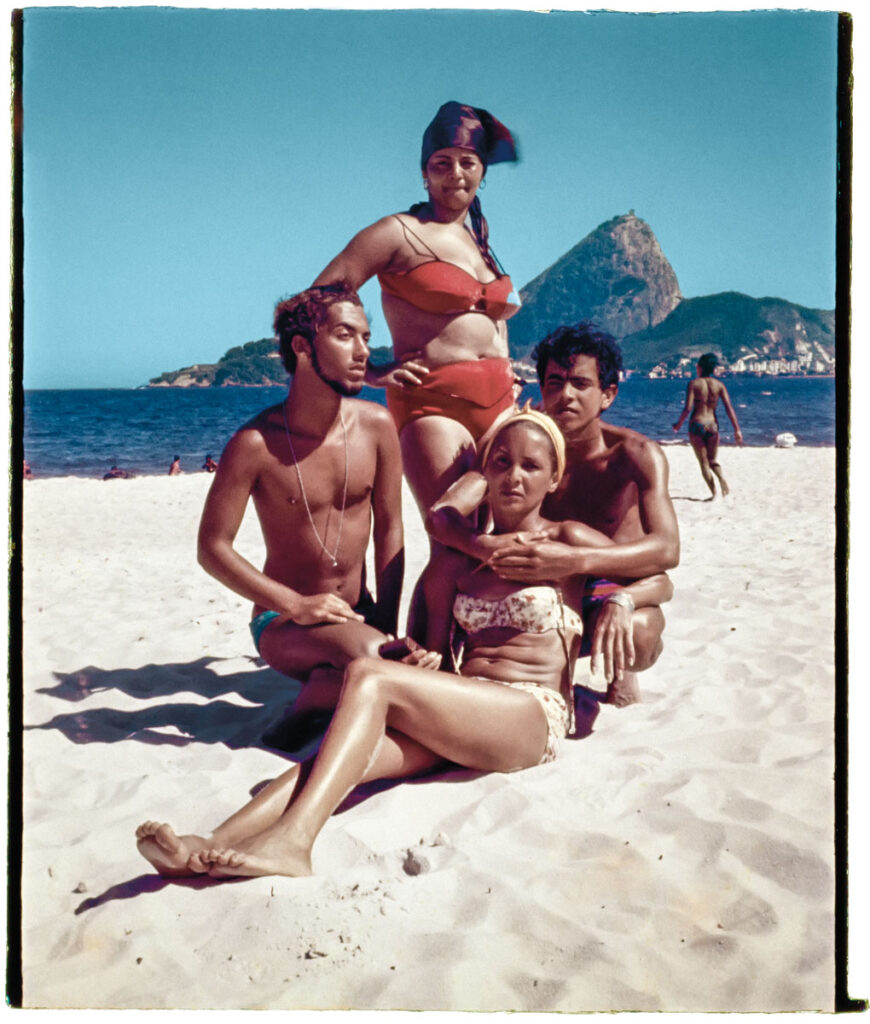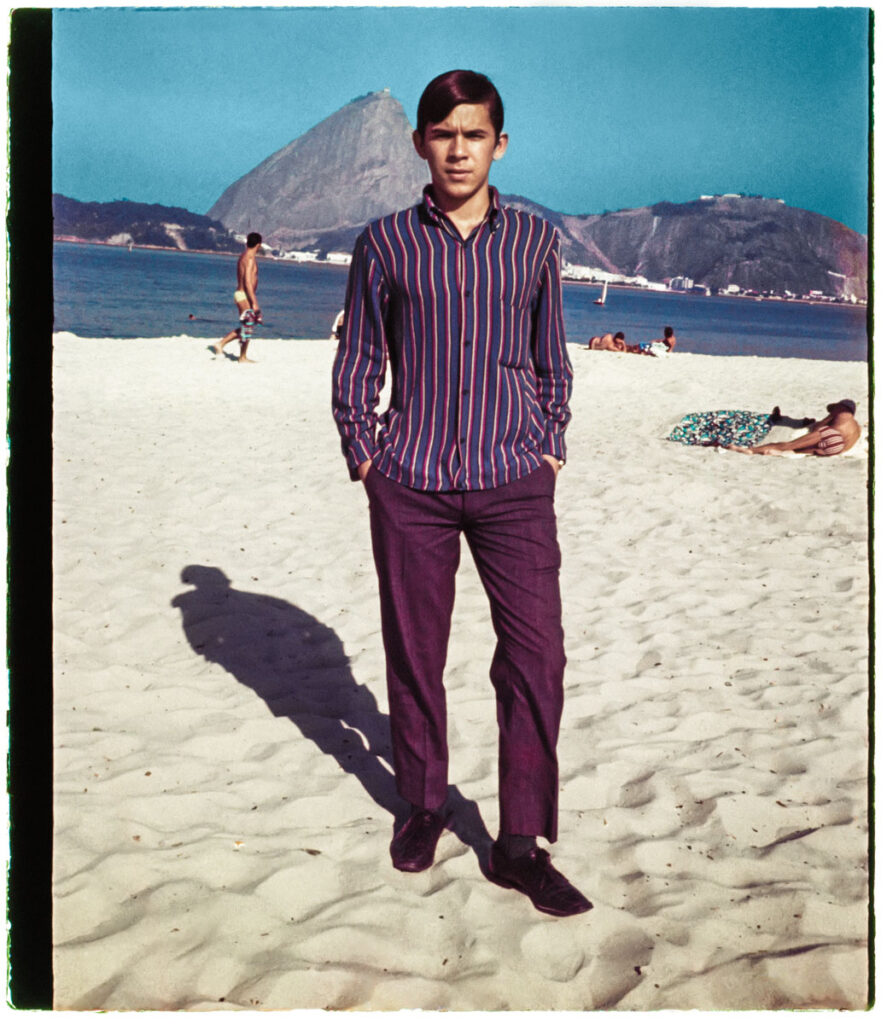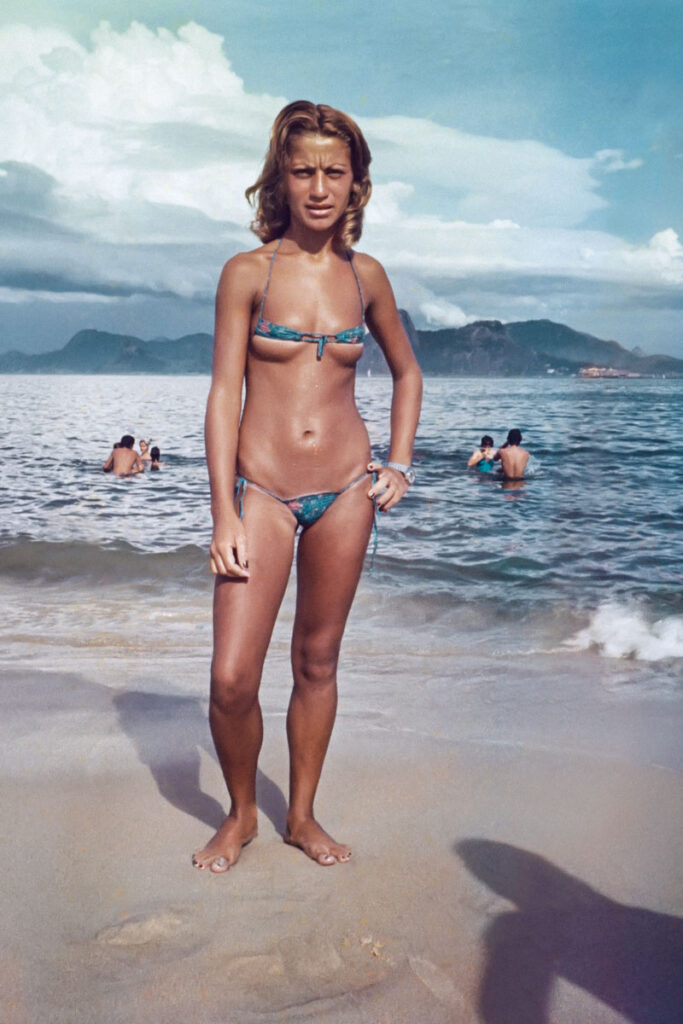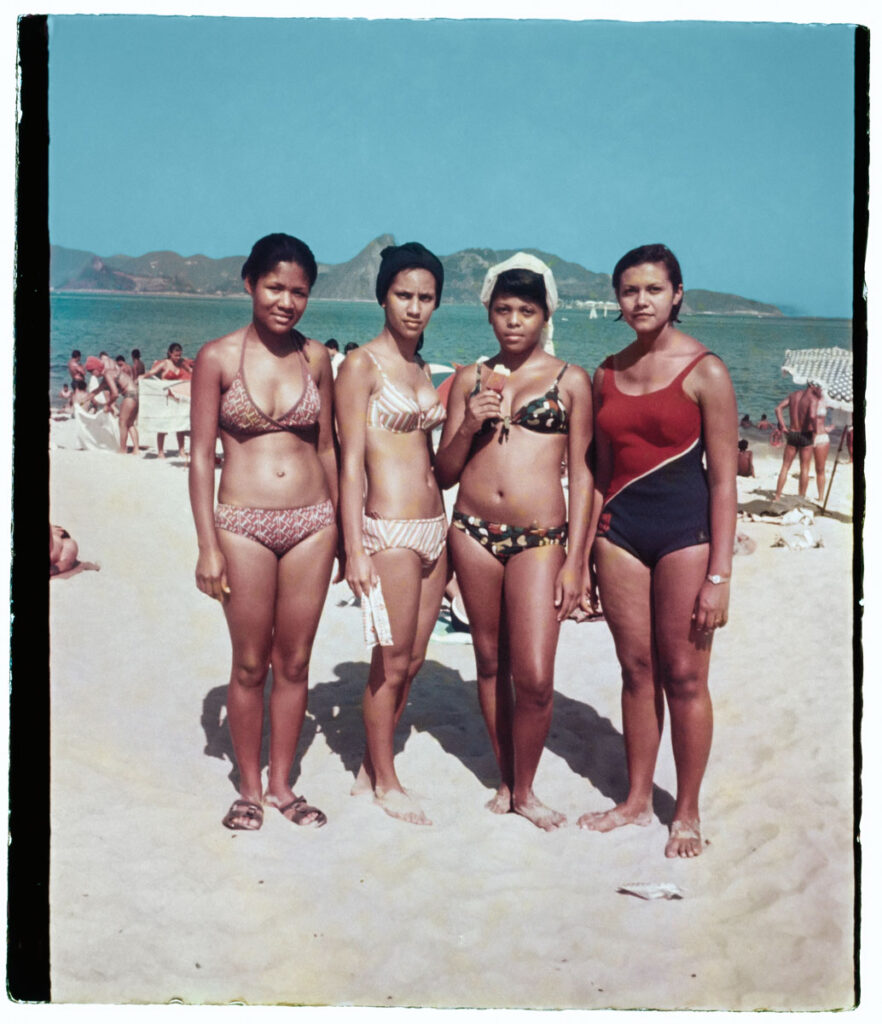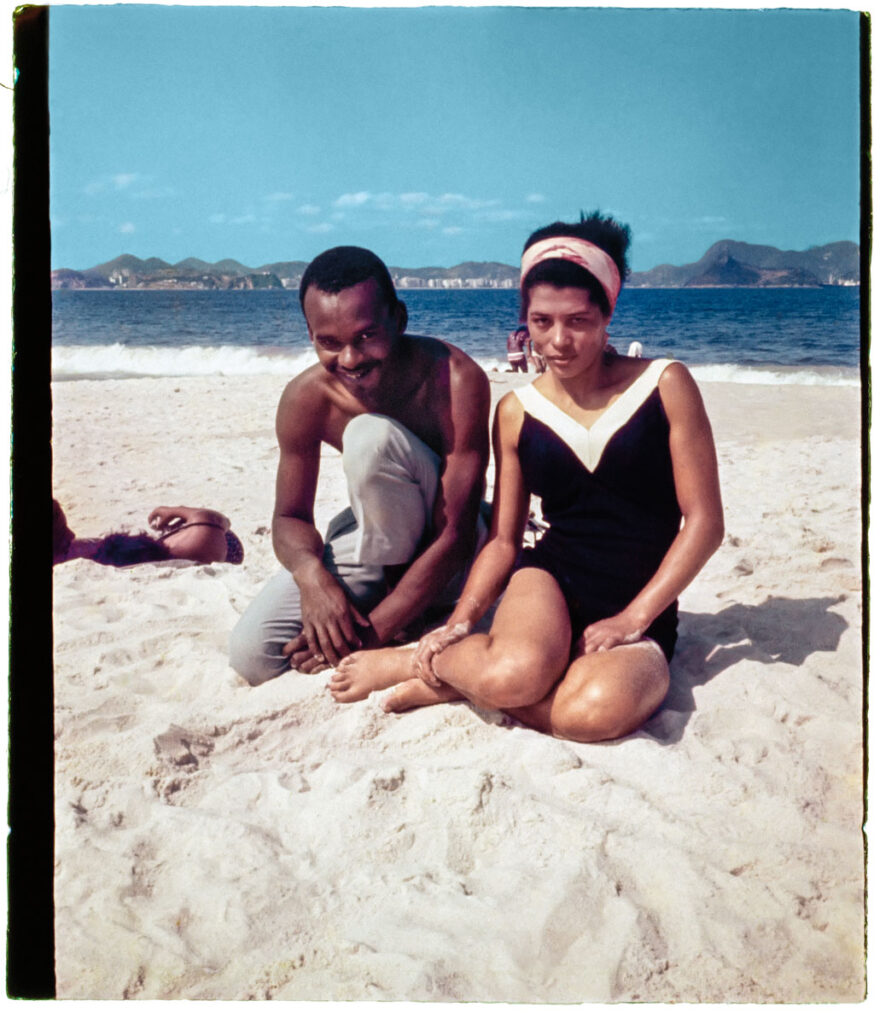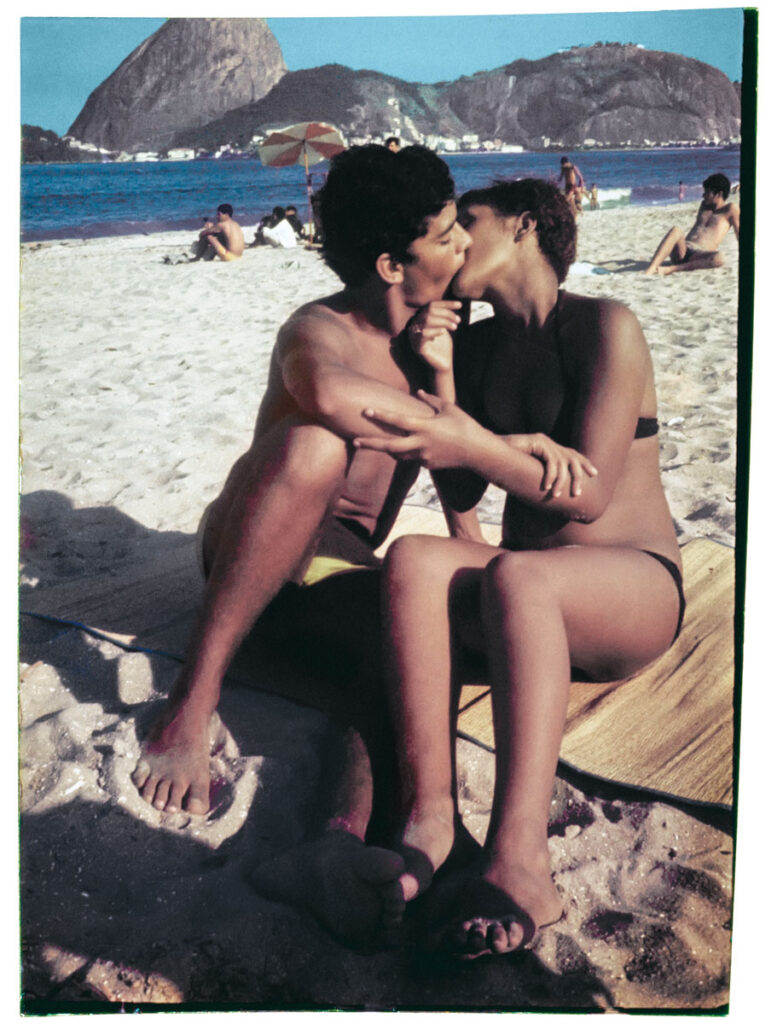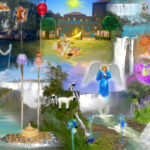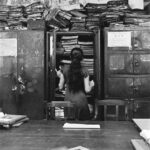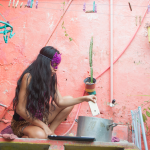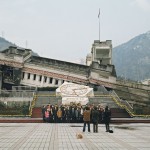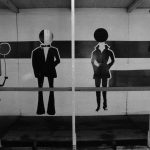Since that kiss
Publicado em: 29 de September de 2023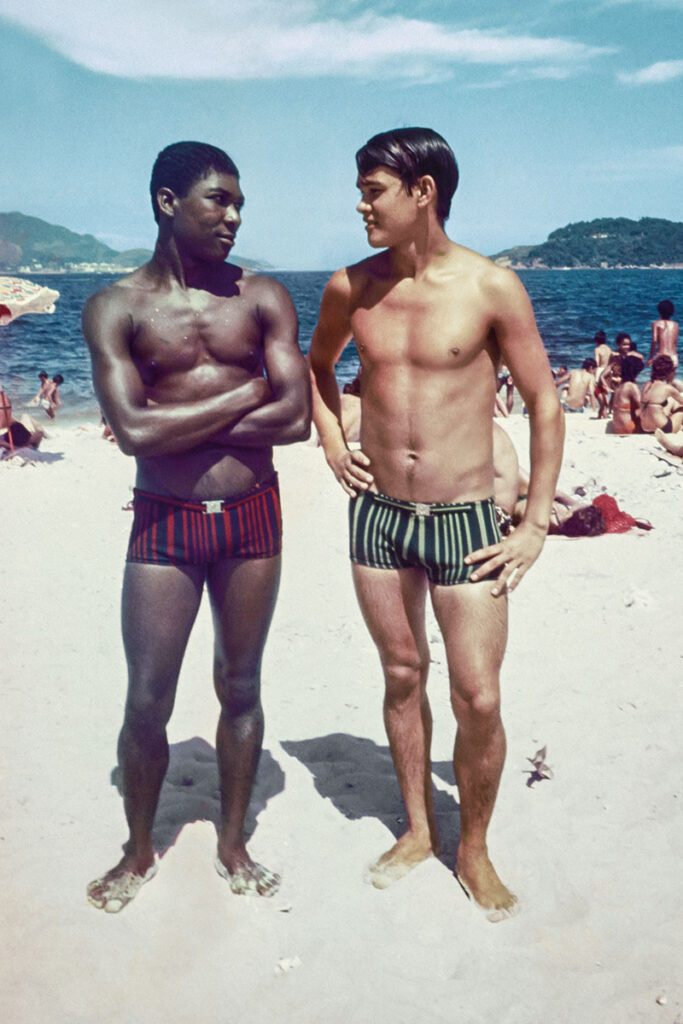
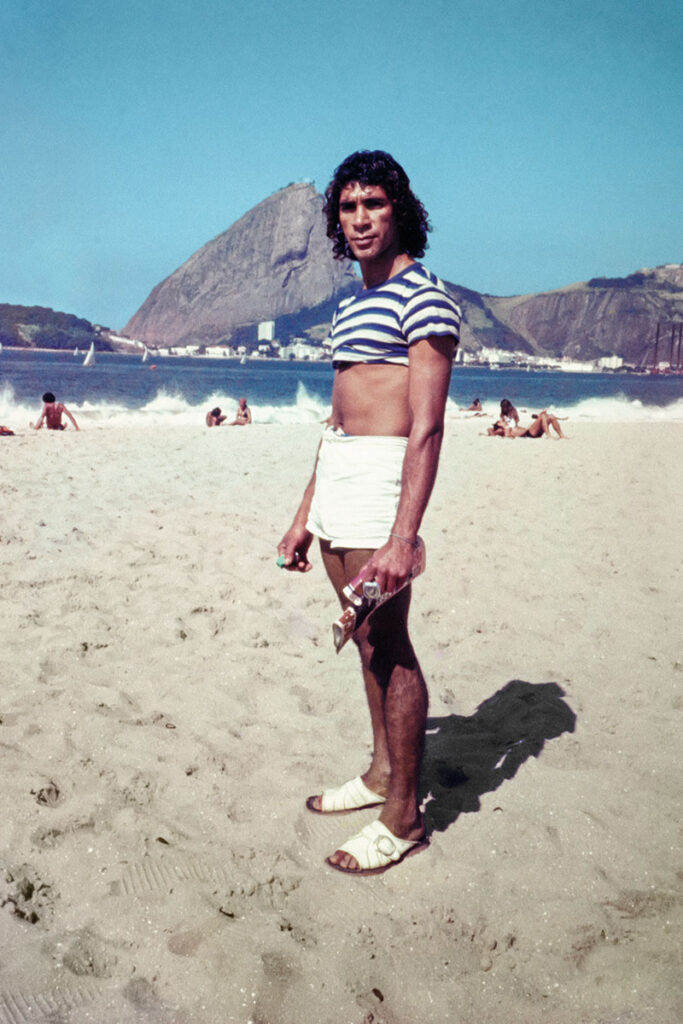
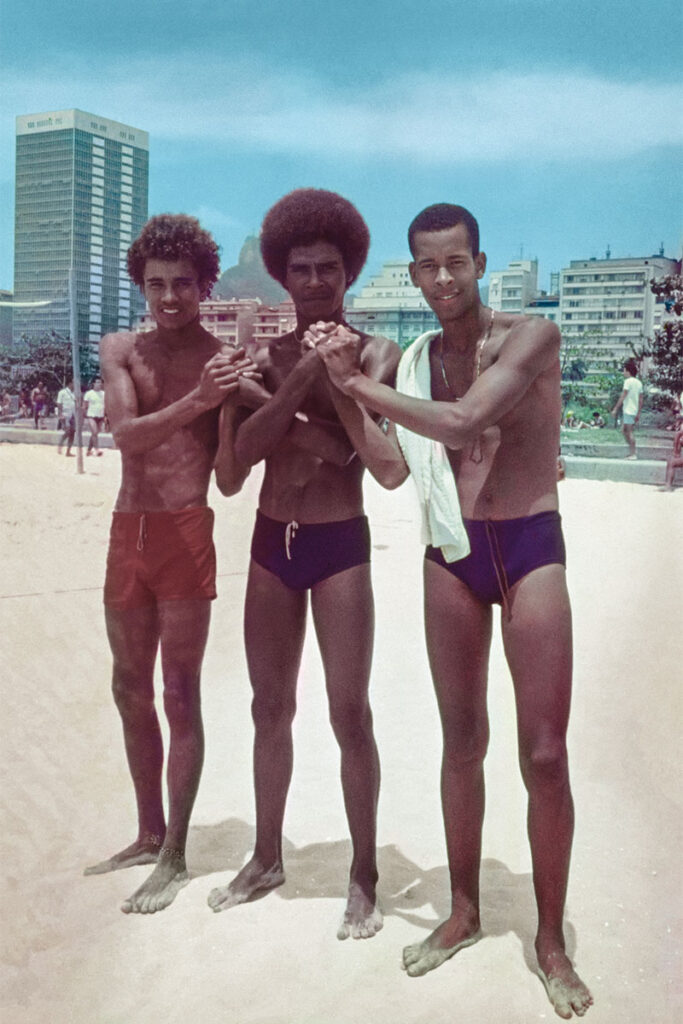
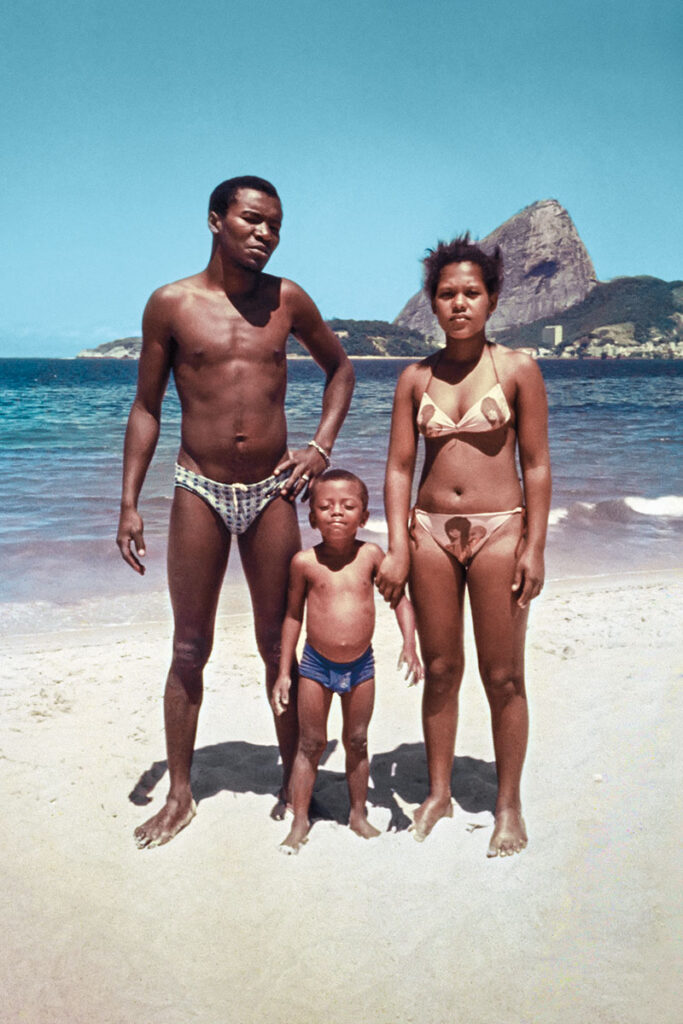
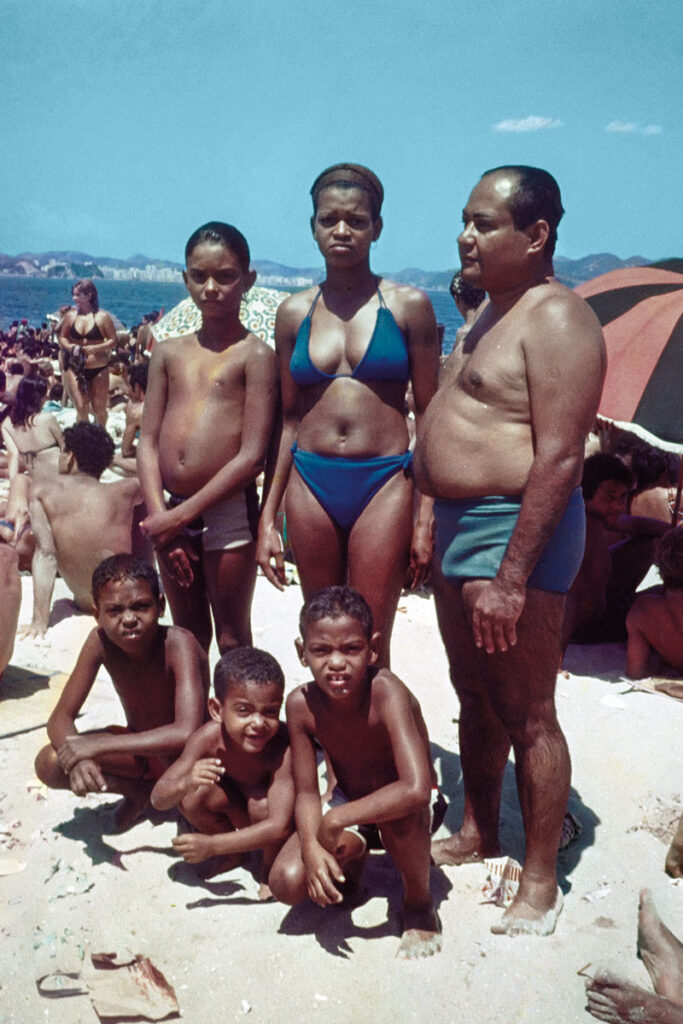
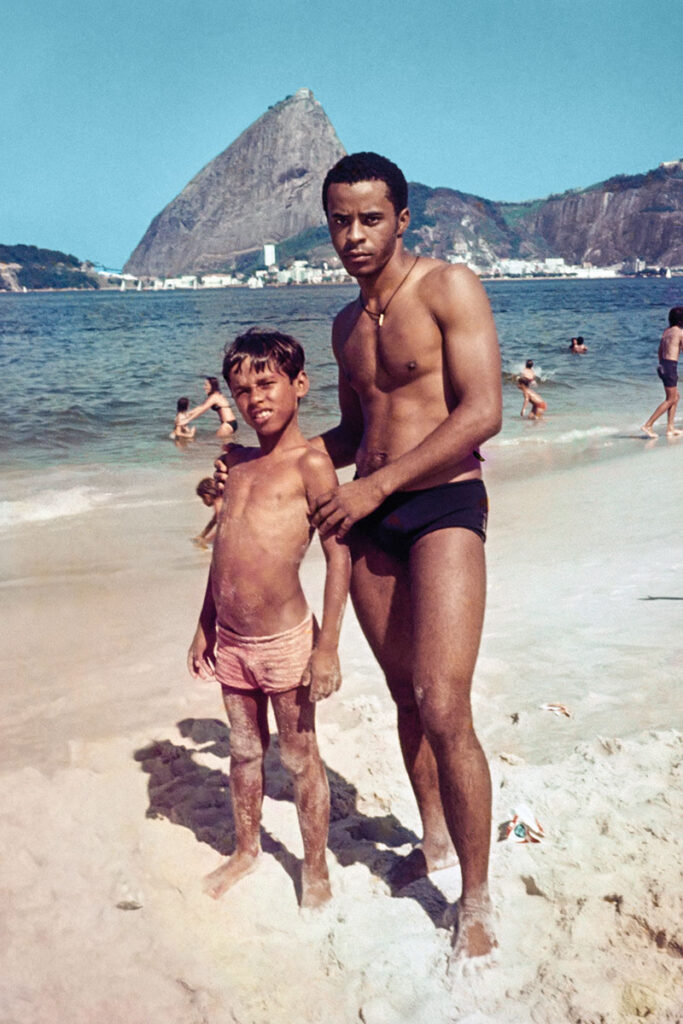
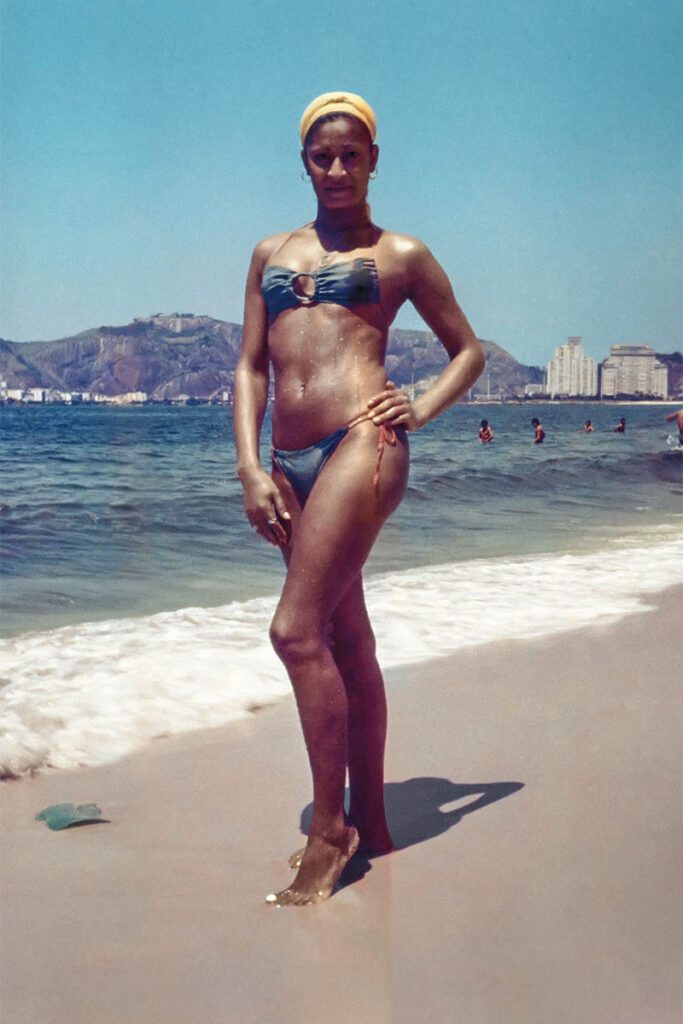
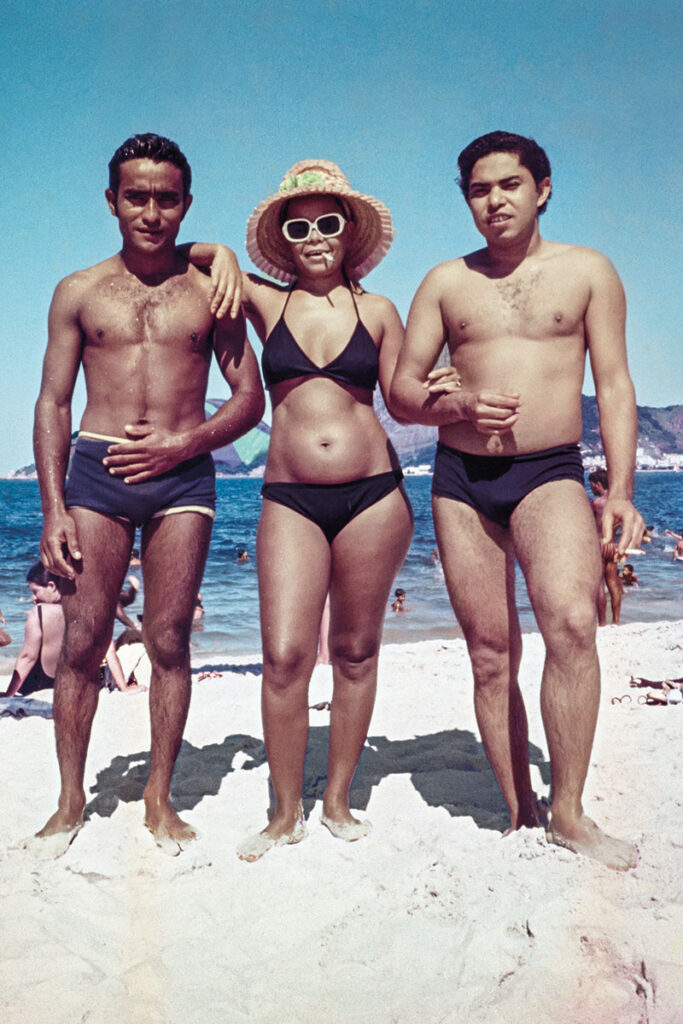
I looked at you from the corner of my eye as you walked around the house. It was nice to follow your footsteps without you realizing it. The way you opened the book and licked your middle finger before turning the page. The way you took off your slippers and crossed your long legs on the sofa. The way you ran your fingers through your grey hair, still thick… I watched, and you didn’t notice my secret admiration for your every curve, even after so many years had passed since that kiss.
I don’t even know why I started to follow you with my eyes inside our small, simple apartment, but ours, and facing the beach, just as we’d always dreamed about. Our beach… Perhaps because there is so little time left and when it – time – slips, everything gets under a magnifying glass. It’s urgent to fix the images of beauty on our retina. It’s urgent not to let it be forgotten, not to let it be lost, not to let it pass, not to… stop being intoxicated by the smell that comes off you like this, in a morning of an ordinary day in our ordinary lives.
I think it was the morning light today that took me back to that Sunday when we left the suburbs behind to see the sea. It was Valentine’s Day, do you remember? You hated that date! And I, so self-centered, couldn’t understand the real reason. I was fixated on that absolute truth, which we are forced to accept forever, that what a woman really wants is to date, to get engaged and to get married. At the end of the 1970s, in the outskirts of the outskirts. Did we ever thought about these things the way we do today? Well, I didn’t.
In fact, not even you could say what it was that annoyed you so much. We had to step on the sand of that beach, after hours crossing the city in a bus full of bodies craving for salt water and fun, to understand.
I’m here at the table corner, stirring my cup of coffee, moving my gaze between you and the view from the window, noticing how all of your mother is reflected on your image today. How you became so much like your mother physically but so different in other ways. So, even if it is in the contrasts, I somehow see your mother in you. She, who never missed an opportunity to mistrust me, to confront the love that I said I felt for you and to say that she would never believe in that feeling again.
One day, I asked her why she felt so much bitterness about it. She just fixed me with a cold gaze and said the sentence that echoes in my mind on every day that I consider important for us or for you.
“I never got flowers… and I’ve never been kissed.”
I was very much intrigued. How come, “has never been kissed”? Until that day I had never given any thought to what the lack of a garden means in someone’s life. Not just any garden, but one that was offered to them, even if represented just by a single flower. Your mother looked at me with the dryness of deserts that became wastelands by human action, so different from those formed by the work of eons.
That year, Valentine’s Day was on a Sunday, and it dawned sunny. I looked up and thought: “Good for the beach!” I arrived at your house full of energy, but my excitement jarred with the silence of a breakfast not noisy at all, not watered with kisses or any of these signs of a little corny affection which so many people yearn for. Your mother, I realized it afterwards, wanted that.
You invited me to sit down, and although feeling awkward, I did. Gradually that strange atmosphere gave way to more amenable conversations. We counted out the money for the bus fares and packed some sandwiches for our day out because, yes, at that time going to beach, setting off from our neighborhood, was quite a trip! We were more relaxed and smiling when she slumped over the table and started to cry. The tears soon became sobs, and she left the room to finish crying far away from us. Awkwardly, we tried to find out what had happened, but she practically threw us out of the house. She wanted to be alone.
We reached the street like someone escaping a gas chamber, do you remember? A feeling that something really oppressive had set our respiratory tract free. We were walking, side by side but not touching, still enjoying that relief, when a man hurried past us and stopped in front of your gate. We halted at the corner to see what he would do. He knocked on the door, your mother answered it, and he went in. We ran back and pressed our ears to the wood. Beating fast hearts. What stopped us? After all, why didn’t we go in?!
A strange silence fell. Just like this one right now, while I’m looking at the empty coffee mug and you’re languidly stretching out on the sofa, like a cat. A void of sound that foreshadows something. And your mother’s cry felt like an explosion from inside the house, then came the noise of glass, breaking.
“My mouth is the whole body, are you listening to me?!”
Remembering this makes me dive into old feelings. Look! The beach is getting crowded. Looking at it from up here, I don’t see a lot of difference between the people crossing the street to the beach nowadays and those who crowded the sand that day. Everybody was so young and wealthy with that treasure called time.
I can see it as if it was yesterday – you running, pulling me along by the hand. You didn’t want to stay and listen to the argument. I was astonished.
“But your mother may need some help! We need to stay and…” We had almost reached the corner again when we stopped. “Let’s go to the beach, OK? Nothing’s going to happen or, rather, it’ll be just like always…”
You didn’t say anything more. We got onto the bus, which was crowded. Full of people wearing swimming costumes below their clothes… Not a lot of clothes. We bounced around in the bus for a good while before we saw the seafront of Rio de Janeiro before us. Beautiful, exuberant, rich, white on the buildings, completely black on the sand of Flamengo Beach. I wonder if you finally feel that the beach is yours. I think so, because the way you occupy the world is like the sea, in waves.
We got to the beach, and I methodically spread the mat on the sand, a little in awe, as it was a gorgeous day but the beach wasn’t crowded yet. You ran about, spinning, smiling… You looked gorgeous.
“Kiss me!” you demanded. “But like this? Here?”
What held me back? What was the problem? Nothing at all, but everything. In those days, it wasn’t usual to show your love so explicitly amongst people like us. Yes, you deserved love to be acknowledged, not hidden. How many generations had had to practice the sport of living their love hidden away? “Hidden is best.” I know I had said that…
“What’s the problem? What’s your problem?! You don’t touch me in front of other people, you don’t even hold my hand… I’m your girlfriend, in the dark, only indoors, never outside. Kiss me! Prove my mother is wrong. Prove you’re not going to be a repetition…”
We lay down on the sand and kissed for a long time. It was for so long that we got the attention of a tourist. It was for so long that it deserved eternity, decades of oblivion in some film roll of a trip. How would that photo have come out?
Suddenly, I understood your mother. A kiss is more than just pressing lips together. On the way back I gave you a daisy and promised that after that kiss I would never let another important day pass without a garden, even if it was represented by a single flower.
It was getting dark by the time we got back. At every step towards your home, the tension got stronger and stronger. We arrived at the gate. I asked if you wanted me to come in, and you said no.
“Our day out was beautiful…”
We took fright when your mother turned the handle and flung the door open and left, running towards the street. The man who had arrived earlier went after her but stopped at the house’s entryway. She stood in the middle of the street, in a defiant pose. “Do you know what a revolution is? It’s kissing your black woman in public!”
He went down quietly and hugged her tenderly and lovingly. They stood there, pressed together, reconciling some many years. He put his arm round her shoulders and led her back into the house.
“My mouth is the whole body,” he said.
Now we are old. I left my empty cup on the table and abandoned my position as a distant observer. To your surprise, I cuddled up to you on the sofa. You caressed my face. “Shall we go to the beach? Now that it is so close, we haven’t been there any more.” “Yes, it’s our beach, after all.”
We went down and I kissed you without you having to ask. I offered you a daisy, and you hugged me tight. I think that you were moved, as I thought I saw your eyes tearing up.
“My mouth is the whole body,” you said, before we lay down to enjoy the sun, finally at peace.
I wonder where that photo is. ///
About the collection
These images were taken at the end of the 1970s on the beaches in Botafogo and Flamengo, in the south of Rio de Janeiro, and were stored in the basement of Professor Peter Lucas in Brooklyn, New York, for more than a decade. Lucas mined this material in the Praça XV street market in the center of Rio around 2007 and he gave it to me when I visited him in the USA in 2022, so that I could bring it back to Brazil.
The collection consists of 530 color slides. About 30 of the photographs were mounted in a viewer; the rest were stored in six or seven small film boxes. In some of them, small bits of paper separated the people depicted with their names. Almost 80% of the slides are complete; some were cropped, perhaps for them to be mounted in another type of frame, which explains the different formats.
The repetition of the scenes, the framing and the fact that the collection was found in one place means we can assume that all the photographs were taken by a single, unknown, photographer, probably with an Olympus Pen EES-2 half-frame camera, which could take up to 80 exposures on a single 36-frame roll of film.
The people shown in these sixteen photographs were not identified.
Rafael Cosme
Eliana Alves Cruz (Rio de Janeiro, RJ, 1966) is a writer, screenwriter and journalist. She is the author of Nada digo de ti, que em ti não veja [I say nothing about you, that I don’t see in you] (Pallas, 2020, Brazilian Union of Writers prize), Solitária (Companhia das Letras, 2022) and A vestida [the dressed one/woman] (Malê, 2022, Jabuti prize, Short Stories category).
Rafael Cosme (Rio de Janeiro, RJ, 1984) is a journalist and researcher. Nowadays, he dedicates himself to investigating urban and social life in Rio de Janeiro in the 20th century, based on visual and documental fragments.
Originally published in ZUM Magazine #24, April 2023


